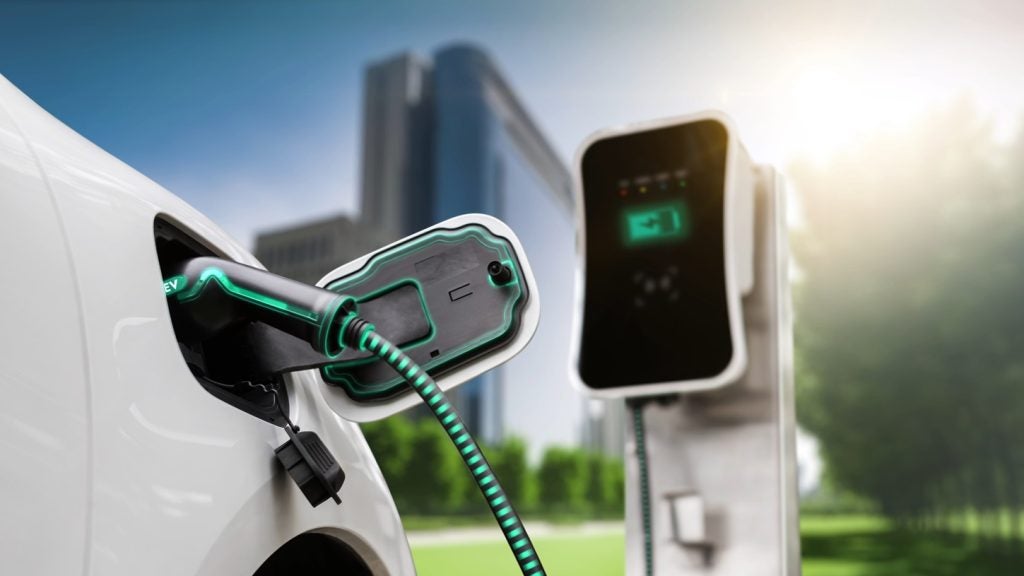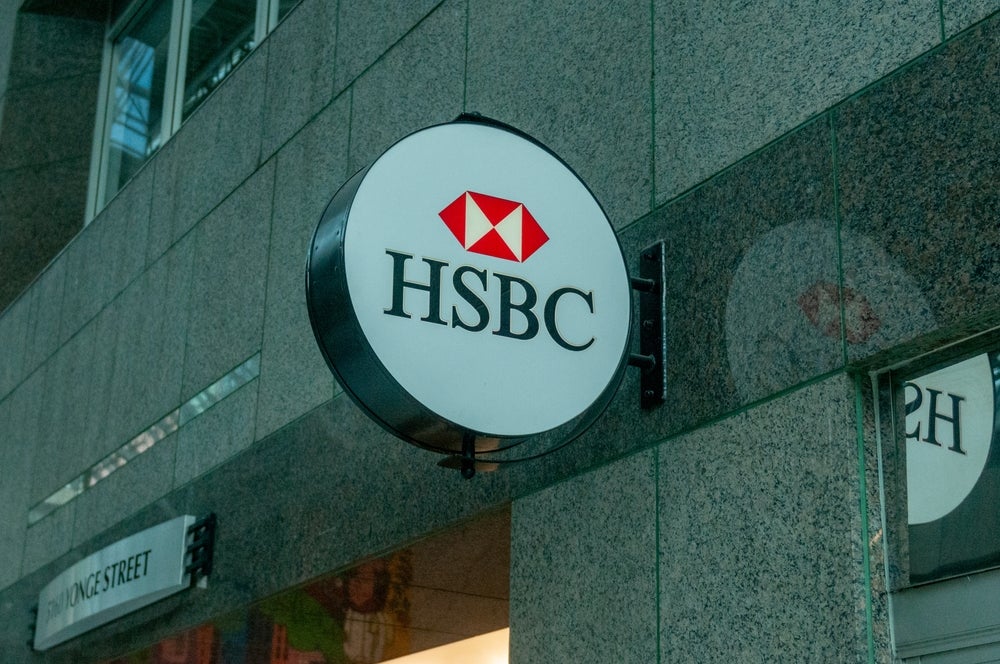
Declining new car sales and economic uncertainty have created a challenging climate for Irish motor finance providers, who will be hoping that the review of the PCP market does not create further difficulties. Paul Golden talks to the country’s key industry figures
The latest Department of Finance SME credit demand survey found that purchases, replacements or leases of new vehicles were the third most common reason for small businesses requesting finance during the period October 2016 to March 2017.
Yet The Society of the Irish Motor Industry (SIMI) data indicates that new car sales in the first half of 2017 (91,185) were down by 10% on the same period last year, with rising housing, rental and health insurance costs, and uncertainty surrounding Brexit affecting disposable income spending and making consumers cautious about purchasing big-ticket items.
However, Colm Furlong, head of asset and invoice finance at Ulster Bank, observes that the drop in new car registrations has been offset by increased levels of car imports, as the Irish consumer benefits from the strength in the euro versus sterling.
Most commentators are cautiously optimistic for 2018, and a recent survey of manufacturers suggests a flat market next year. Anecdotally, dealers would not share that optimism and expect further declines as the uncertainty around Brexit gains momentum.
That is the view of Frank Donnellan, managing director of First Auto Finance, who tempers his assessment with the observation that the buying public recognise that the best finance deals are available at the dealer’s showroom. “All manufacturers have led their marketing campaigns with subsidised offerings that the traditional lenders, high street banks and credit unions simply cannot compete with,” he says.
How well do you really know your competitors?
Access the most comprehensive Company Profiles on the market, powered by GlobalData. Save hours of research. Gain competitive edge.

Thank you!
Your download email will arrive shortly
Not ready to buy yet? Download a free sample
We are confident about the unique quality of our Company Profiles. However, we want you to make the most beneficial decision for your business, so we offer a free sample that you can download by submitting the below form
By GlobalData“Coupled with the growth of PCP, this has led to a declining population using bank and credit union loans – credit unions and banks will never guarantee the future value of a car and, as a result, are witnessing a decline in car loans,” Donnellan adds.
As interest rates cannot really be cut any further, it is not easy for finance providers to offer more attractive terms. Many brands are making strong offers on the retail prices of new cars, there by, making the cost of buying a car lower than 12 months ago. Central Statistics Office figures for August show a year-on-year decline in car prices of 3.6%.
There has been an increase in the growth and popularity of various low-rate-APR finance, low deposits and PCP offerings according to Derek Kavanagh, head of motor franchise sales at Bank of Ireland Finance.
“There is a variety of offers available in the market to attract new car buyers – manufacturers are attracting customers with low-rate finance offers, free service plans and scrappage deals,” he says.
“I think we are seeing more attractive offers in the battle for market share,” says Donal Murphy, managing director of Bluestone Ireland. “It is not necessarily across the board, but in certain areas there are efforts by dealers to stimulate demand, and if consumers research the market carefully they can secure a good deal. Because interest rates are relatively low, better deals are being offered by way of improved terms on warranties, free servicing, deposits and other fringe benefits.”
He suggests the market has become more competitive with new players, which is perhaps not surprising given that the Irish economy is growing strongly again, with more people in employment and higher incomes.
There are more finance providers in the market than there were two years ago, which naturally increases competition and the overall offering in the market place, in the opinion of Alex Zhurkin, Renault Bank’s managing director in Ireland.
“It has become more competitive, with a higher number of finance providers as well as the impact of imports into the Irish market,” he adds. “In recent years having an aggressive finance offer was an advantage over competitors – having a strong finance offer in the market is now almost mandatory.”
Furlong estimates that approximately 80% of new cars are sold using some type of finance product. “The trend in importing used cars from the UK is also set to continue and strong growth in this market is predicted,” he adds.
“However this could be offset by a large drop in the UK new car market because the supply of used cars could dry up. Customers and dealers may also look for new alternatives to PCP in 2018.”
PCP market review
In July, the Competition and Consumer Protection Commission (CCPC) commenced a study of the PCP car finance market that will examine the experiences of consumers and assess the information provided to them at the point of sale.
The study will also analyse consumers’ understanding of PCPs, including the structure of the product and the options that are available to them at the end of the agreement. The CCPC says the findings of the study will determine the suitability of the current consumer protection regime, and help to inform any future policy decisions.
PCP now accounts for approximately 40% of Bank of Ireland Finance’s consumer offering, explains Kavanagh. “The average age of a used vehicle in the Irish market is now around nine years, and this can create a challenge for customers having equity in their trade in to purchase a new vehicle.”
However, Donnellan is bullish about the suitability of PCP, suggesting that if a consumer is doing average annual mileage and wants to drive a brand new car every three years, then PCP remains worthy of serious consideration.
“If on the other hand the customer wants to own the car or is recording high mileage, then PCP is a non-runner,” he adds.
Two years ago the mix of PCP customers for the Renault and Dacia brands in Ireland was approximately 40% – it is now close to 60%, says Zhurkin. “It has been a huge success. We now believe this figure will level off at between 60% and 65% of our private car buyers.”
However, Kieran O’Brien, Irish associate at Invigors, accepts that the outcome of the review may place some constraints on the product and make it more of a challenge for car dealers to sell to their customers, while Furlong adds that some dealers are becoming cautious because, in many cases, the residual risk sits with them.
According to O’Brien, PCPs are generally viewed by consumers as a cheaper and a more flexible form of financing that enables customers to trade in for the latest car model every three or five years.
“However, there is much press coverage on concerns raised around car dealers selling PCPs without car buyers fully understanding the suitability of the product for their customer requirements – especially around backloading repayments until the end of the contract,” O’Brien explains.
While acknowledging that it remains to be seen what the outcomes of this investigation are, O’Brien says it is likely to result in a more regulated product which may be less attractive to the car dealers and consumers.
“Given some potential challenges with PCPs in the future, this gives the Irish motor financing sector an opportunity to disrupt the market with new, innovative financing products,” O’Briem notes.
A spokesperson for the SIMI says the possibility of a further fall in new car sales next year increases the importance of Government decision makers heeding the message that there should be no negative taxation decision in relation to VRT, road tax or fuel in the 2018 Budget.







